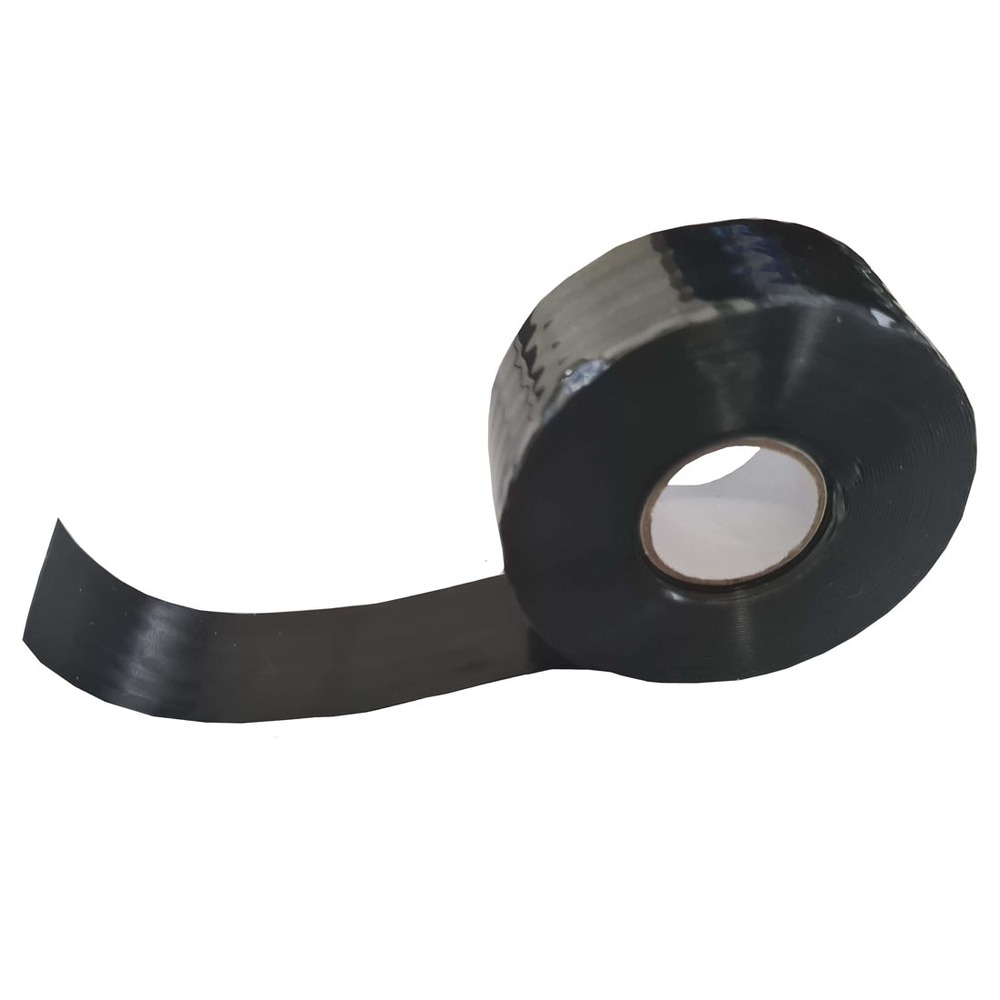The Importance of Factory Floor Tape in Manufacturing
In the fast-paced world of manufacturing, efficiency and safety are paramount. Among the various tools and materials that play a critical role in optimizing operations, factory floor tape has become an essential element on the production floor. Typically made from durable materials that withstand heavy foot and machinery traffic, factory floor tape serves multiple purposes, from organization to safety enhancement.
One of the primary uses of factory floor tape is to delineate walkways and work areas. By clearly marking designated paths, employers can ensure that workers navigate the space safely, minimizing the risk of accidents. In environments where forklifts and other vehicles are prevalent, clearly defined lanes reduce the likelihood of collisions, protecting both personnel and equipment. The visual contrast of brightly colored tape against the factory floor helps to catch the attention of workers and visitors alike, reinforcing a culture of safety within the facility.
In addition to safety, factory floor tape is also an invaluable tool for organization. Manufacturing environments often involve complex workflows with numerous stations, materials, and equipment in close proximity. By using different colors or patterns of tape, managers can create designated zones for specific tasks or materials. This visual guide helps workers quickly identify where to go and what to do, thereby improving workflow efficiency. The simplicity of tape also means that it can be easily adjusted or replaced as the production needs evolve.
factory floor tape

Moreover, factory floor tape plays a crucial role in inventory management. By marking areas for stock placement, companies can ensure that materials are organized systematically. This not only speeds up the picking and shipping processes but also helps prevent misplaced items, reducing the risk of production delays. In an industry where time is money, maintaining an orderly and systematic approach to inventory is invaluable.
Another critical aspect of factory floor tape is its impact on cleanliness and maintenance. By designating specific areas for tools and materials, factory tape encourages workers to return items to their rightful place after use. This practice promotes a tidier workspace and reduces the time spent searching for misplaced tools, ultimately contributing to increased productivity.
In conclusion, factory floor tape may seem like a simple tool, but its impact on safety, organization, and efficiency cannot be overstated. As industries continue to evolve and push for higher productivity, the strategic use of factory floor tape will remain a fundamental component in the quest for optimized operations. By prioritizing safety through clear markings, fostering organization, and facilitating better inventory management, factory floor tape is truly a small yet mighty ally in the manufacturing landscape.
-
XIANGFAN Rubber Tape-Ultimate Solutions for All Your Insulation NeedsNewsJun.24,2025
-
XIANGFAN Rubber Tape-Protection for Industrial and Residential ApplicationsNewsJun.24,2025
-
XIANGFAN Rubber Tape: Superior Safety and Sealing for Demanding EnvironmentsNewsJun.24,2025
-
XIANGFAN Rubber Tape: Reliable Solutions for Every Electrical ChallengeNewsJun.24,2025
-
XIANGFAN Electrical & Industrial Tape: Powering Reliability Across IndustriesNewsJun.24,2025
-
XIANGFAN Electrical & Industrial Tape: Excellence in Every ApplicationNewsJun.24,2025
